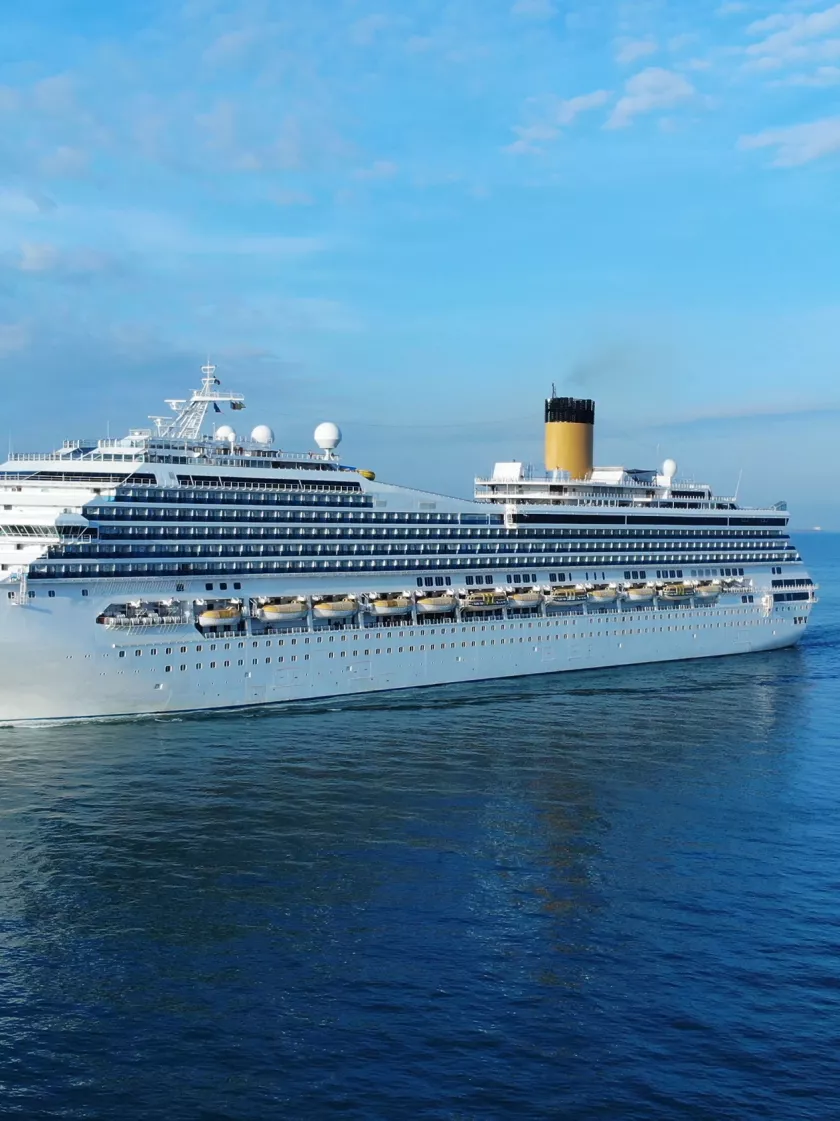About the project
i-MASTER’s ambition is to enhance the effectiveness and accessibility of maritime simulator-based education in the European higher education sector through developing and integrating an intelligent learning system by leveraging the state-of-the-art artificial intelligence techniques to facilitate a personalized, analytical, and adaptive way of learning, so that the digital simulation infrastructures, teachers and learners could be more harmonized for the mission of learning.Utilization of digital technologies in physical or digital teaching is not optional anymore. Technologies become an integral part of education and will become more central with the onset of the pandemic, where digital and blended learning became the lifeline for education. To effectively support both teacher and students involved in maritime simulator-based education and training in this digital era, there is an increased demand to facilitate a digital pedagogical agent that represent knowledge and carry-on interactions with students to provide effective educational support for both home-based and on-site maritime simulations.
The project comprises of three phases with eight interdependent Work Packages (WP) designed to address the project’s Research Questions (RQ) and accomplish the primary and enabling objectives.
Work Packages
WP1 - Project Management, Communication and Coordination
WP2 - Review of State-of-the-Art ILS Technologies and KPI Development
WP3 - Development of Ship Simulation Scenarios, Learning Resources and Performance Standards
WP4 - Maritime Learning Analytics Dashboard Development, Experimental Testing and Expert Validation
WP5 - Testable Prototypes of the Intelligent Learning System (ILS)
WP6 - Intelligent Learning System (ILS) Advancement and Integration
WP7 - Implementation & Evaluation
WP8 - Dissemination, Exploitation and Impact-Maximization Activities
The project contributes to the following expected outcomes:
1. Enhance the accessibility and effectiveness of training in the vocational education sector by integrating emerging technology with multidisciplinary, intersectoral knowledge, and world-class simulator facilities to create and validate a new approach to training and competence development.
2. Increase critical understanding regarding the potential, opportunities, barriers, accessibility issues of using emerging technologies for teaching and learning in Maritime Education and Training (MET) and support the sector for sustainable digitisation of education and learning in the future.
3. Support the current MET systems with an Intelligent Learning System (ILS) that could be effectively used to augment and extend teacher’s capabilities and allow for a more personalized and flexible ways of learning.
4. Prepare guidance and good practice on equipping teachers, instructors, educational leaders and learners with the skills necessary for the use of ILS technology in a creative, critical, competent and inclusive manner.
5. Mass deployment of ILS technology and ensure maximum exploitation of the new knowledge produced in this i-MASTER project for future research and development in other vocational education sectors.
